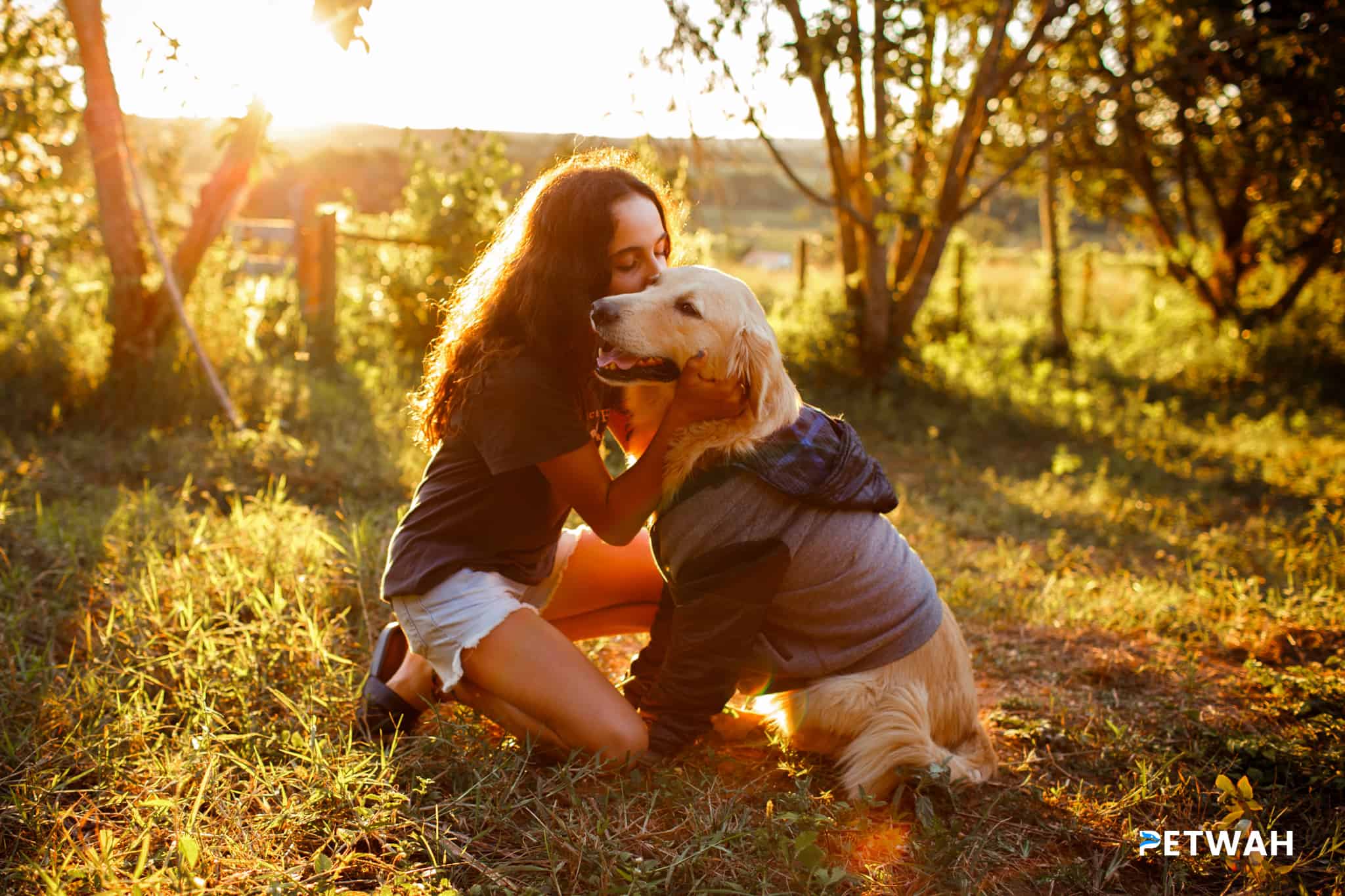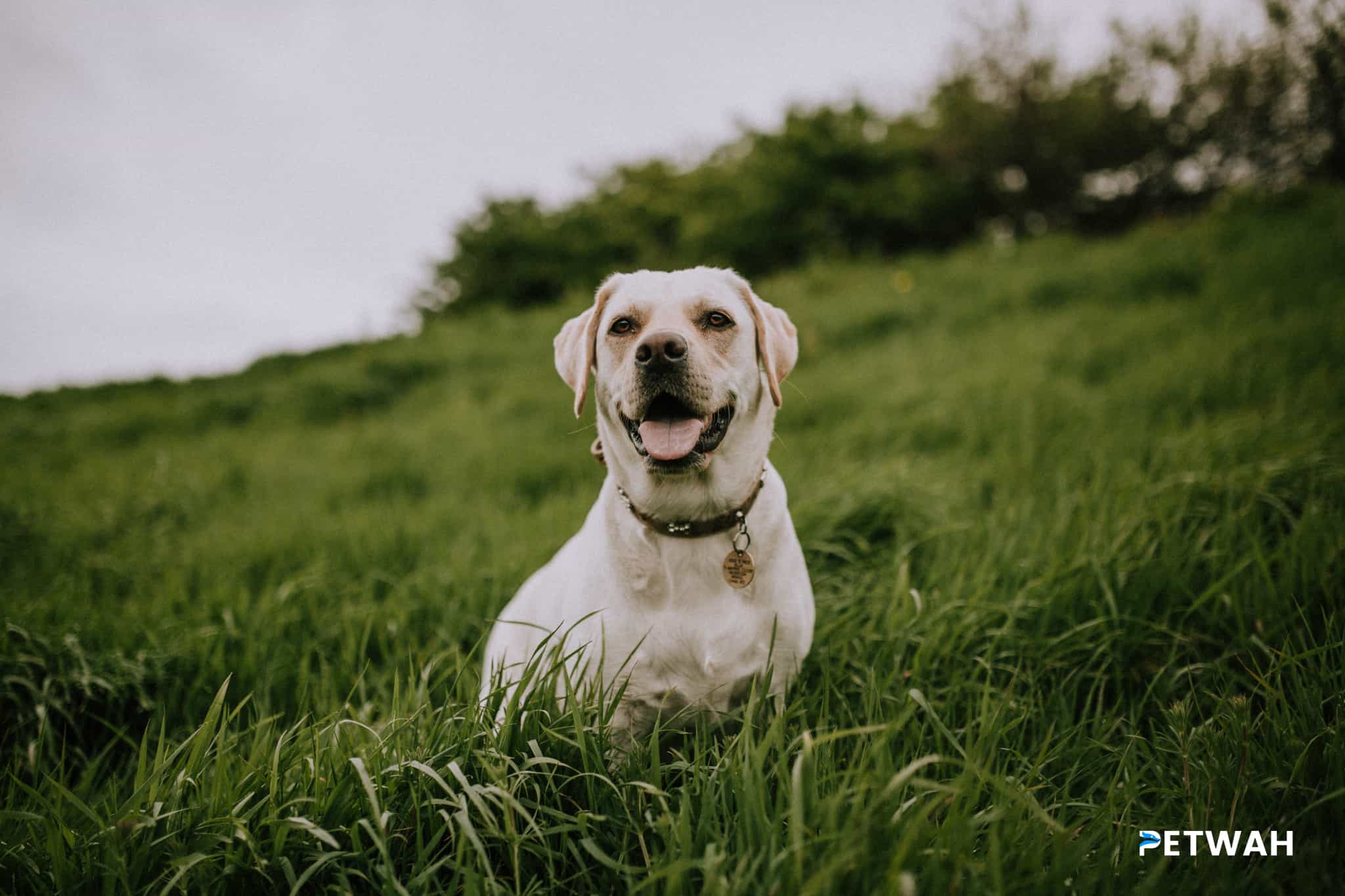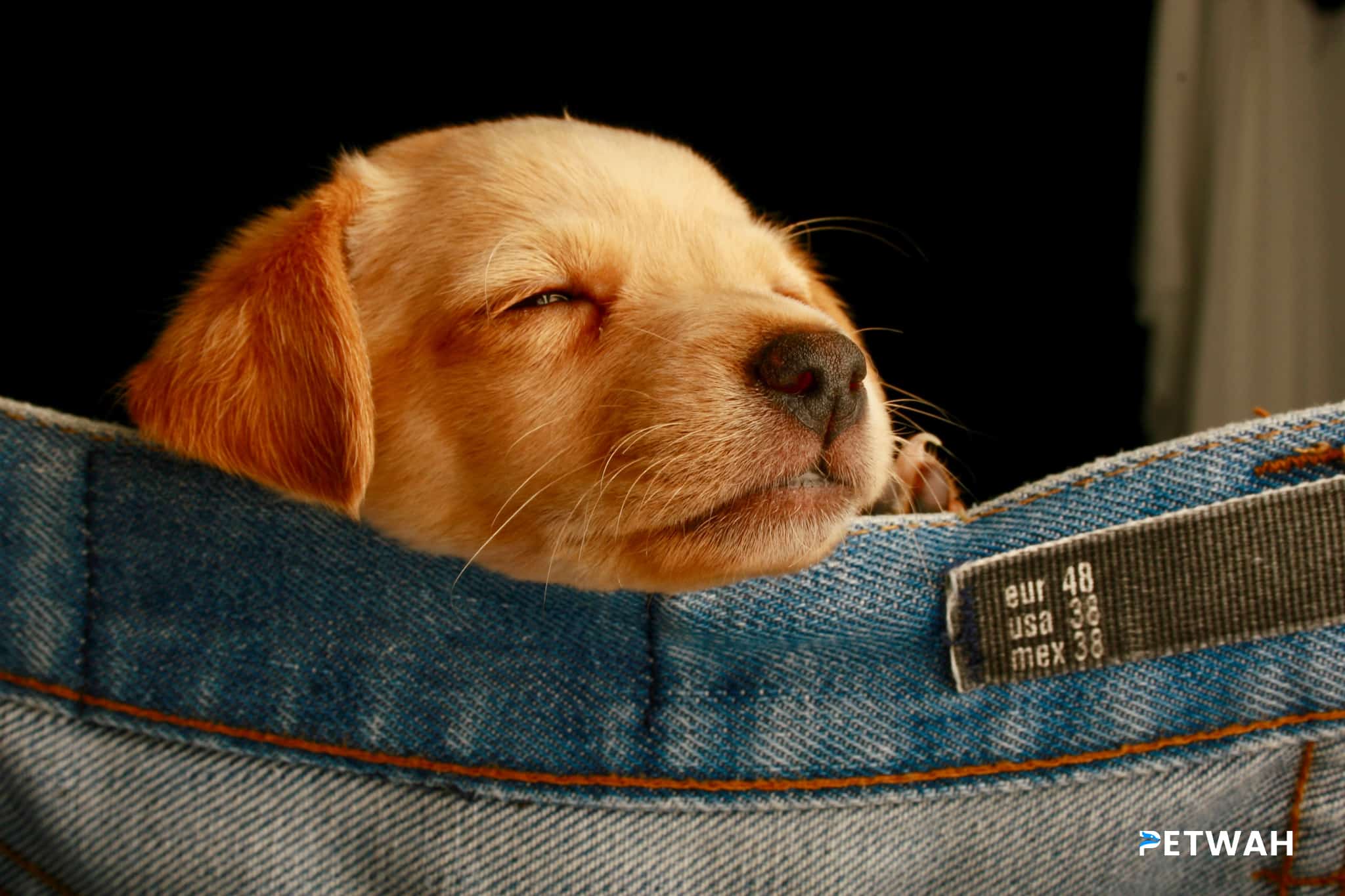Chihuahuas may be small in size, but their personalities can pack quite a punch. These tiny dogs are known for their spunky and sometimes feisty nature. While Chihuahuas are generally friendly and affectionate, there are instances where their anger can escalate, leading to potential aggression. As a responsible Chihuahua owner, it’s essential to understand the warning signs that indicate when your furry friend’s anger is escalating and could potentially lead to aggression. In this blog post, we will explore these warning signs, allowing you to better comprehend and address your Chihuahua’s behavior, ensuring a safe and harmonious environment for both you and your beloved pet. So, let’s dive in and unravel the mysteries of Chihuahua behavior together!
Understanding Chihuahua Behavior: Warning Signs of Escalating Anger and Potential Aggression
Chihuahuas, with their small size and feisty demeanor, have gained a reputation for being prone to aggression. While it is true that any dog breed has the potential to display aggressive behavior, it is important to understand the warning signs specific to Chihuahuas. By being aware of these signs, you can take proactive steps to prevent aggression and ensure the safety of both your Chihuahua and those around them.
1. Growling and Snarling:
One of the earliest warning signs that a Chihuahua’s anger is escalating is growling and snarling. This vocalization is their way of expressing their discomfort or displeasure. Pay close attention to the tone and intensity of their growls. If they become more frequent or intense, it could be a sign that their anger is escalating.
2. Bared Teeth:
When a Chihuahua feels threatened or angry, they may bare their teeth as a warning sign. This is an instinctive behavior to display aggression and intimidate potential threats. If you notice your Chihuahua showing their teeth, it is essential to address the situation immediately to prevent further escalation.
3. Stiff Body Language:
Observe your Chihuahua’s body language during moments of anger or frustration. If their body becomes stiff and tense, it indicates that they are on high alert and ready to defend themselves. Look for signs of raised hackles, rigid posture, and a tightly tucked tail. These are all indications that their anger is escalating, and aggression may follow.
4. Snapping or Nipping:
Snapping or nipping is a clear sign that a Chihuahua’s anger has escalated to a point where they are willing to use their teeth to defend themselves. This behavior should never be ignored or taken lightly. It is crucial to address the underlying cause of their aggression and seek professional help if necessary.
5. Lunging or Biting:
When a Chihuahua’s anger reaches its peak, they may resort to lunging or biting as a means of self-defense. This behavior can be dangerous and should be addressed immediately. Seek help from a professional dog trainer or behaviorist to assess the situation and develop a plan to manage and modify your Chihuahua’s aggressive tendencies.
 - Copy - Copy.jpg)
Preventing Aggression in Chihuahuas:
While it is important to be aware of the warning signs of escalating anger and potential aggression, it is equally important to take proactive steps to prevent such behavior from occurring in the first place. Here are some strategies to help you maintain a happy and well-behaved Chihuahua:
1. Socialization:
Introduce your Chihuahua to various people, animals, and environments from a young age. Proper socialization plays a crucial role in shaping their behavior and reducing the likelihood of aggression.
2. Positive Reinforcement Training:
Use positive reinforcement techniques, such as treats, praise, and rewards, to train your Chihuahua. This approach helps build a strong bond between you and your dog, while also teaching them appropriate behaviors and responses.
3. Consistency and Structure:
Establish consistent rules and routines for your Chihuahua. Dogs thrive on structure, and having clear guidelines will help them understand what is expected of them, reducing stress and potential aggression.
4. Manage Triggers:
Identify and manage triggers that may provoke aggression in your Chihuahua. This could include situations, sounds, or interactions that make them uncomfortable or fearful. By avoiding or carefully managing these triggers, you can prevent aggressive outbursts.
5. Seek Professional Help:
If you are struggling to manage your Chihuahua’s aggression or if their behavior poses a risk to themselves or others, do not hesitate to seek professional help. A qualified dog trainer or behaviorist can assess the situation, provide guidance, and develop a customized behavior modification plan for your Chihuahua.
Remember, understanding your Chihuahua’s behavior is key to preventing aggression and ensuring a safe and harmonious relationship. By being proactive, observant, and seeking professional help when needed, you can help your Chihuahua lead a happy and well-adjusted life.
In conclusion, it’s crucial for Chihuahua owners to pay close attention to their furry friend’s behavior and be aware of the warning signs of escalating anger and potential aggression. By understanding these signs, you can take proactive steps to prevent any unpleasant incidents and ensure a harmonious and safe environment for both your Chihuahua and those around them. Remember, early intervention and positive reinforcement training are key to addressing any behavioral issues and fostering a well-balanced and happy Chihuahua. So, stay vigilant, be patient, and always prioritize the well-being of your beloved Chihuahua. With the right knowledge and care, you can help your Chihuahua overcome their anger and aggression, transforming them into the loving and gentle companion they were meant to be.


%20-%20Copy%20-%20Copy.jpg)
%20-%20Copy.jpg)
%20-%20Copy%20-%20Copy.jpg)

%20-%20Copy.jpg)

